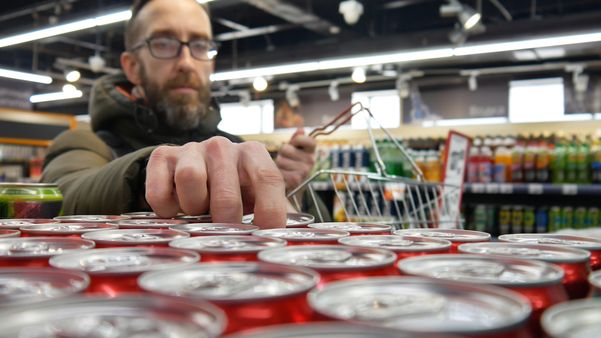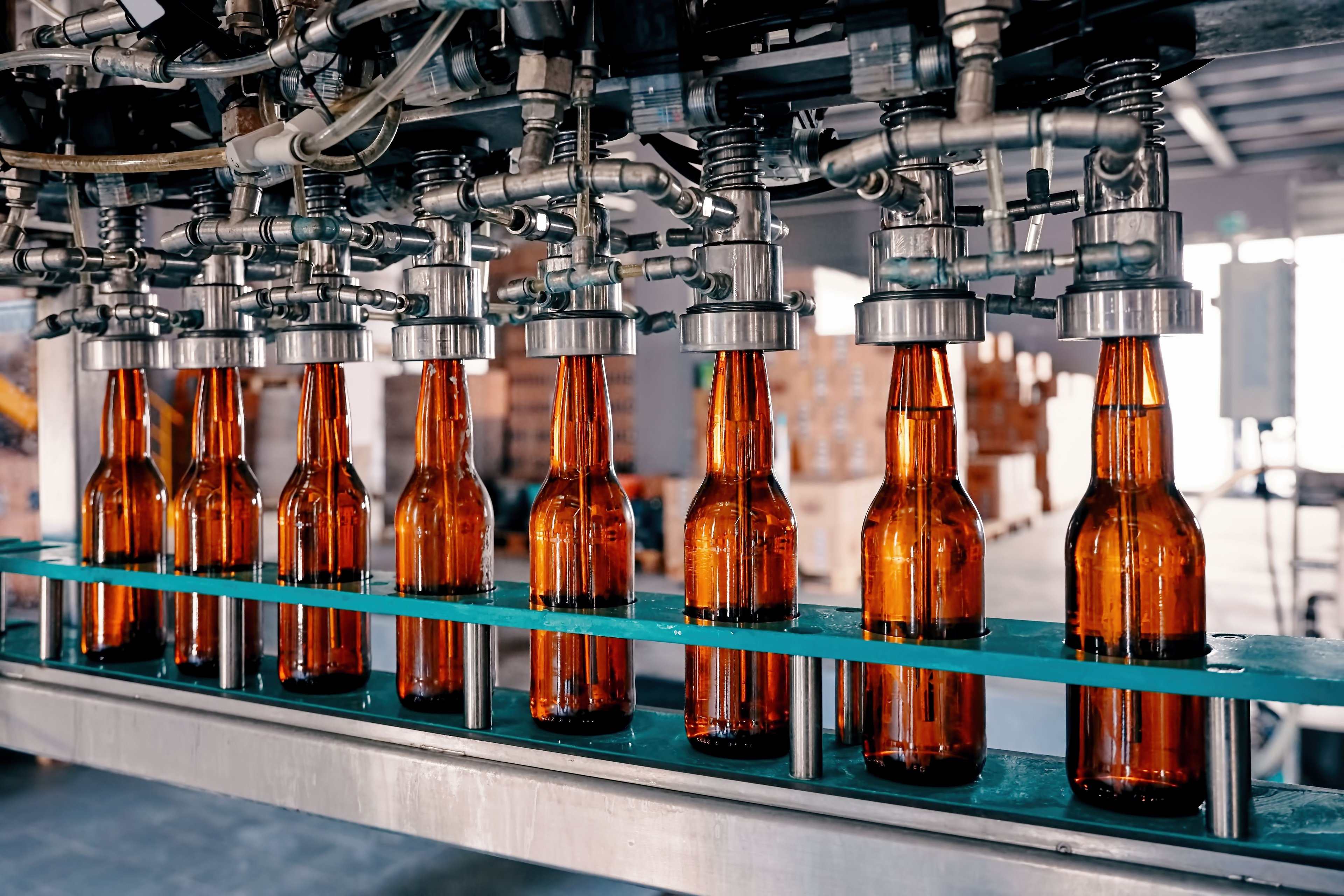Jim Koch, the iconic founder of Boston Beer (SAM 4.29%) and its flagship Sam Adams brand, has made plenty of appearances in bars and folksy television commercials promoting his beer. But last week, he made his first appearance on an international wealth ranking when he broke into Bloomberg's Billionaire Index, propelled by his roughly one-third ownership of a company whose stock has surged more than 1,300% over the past decade. Over that time, sales of craft beer have risen relentlessly despite an overall beer market that's been flat or slightly down, with Sam Adams often leading the pack. Now that Sam Adams is nearly as ubiquitous as Bud Lite or Coors, where will Jim Koch's next billion come from?
While Sam Adams has had an incredible run, the truth is that Boston Lager and other core Boston Beer brands are never going to rival its mass-market competitors from global giants like Anheuser-InBev or Molson Coors. In fact, management has been mentioning "slight declines" in sales of core brands in most quarterly conference calls for years, with any such losses typically offset by big wins in other areas, like seasonal beers (which seem to come earlier every season), malt beverages, and ciders. A lot of drinkers probably don't realize that the company behind Sam Adams even makes malt beverages or cider, but if you've ever bought a six-pack of the alcopop Twisted Tea or Angry Orchard apple cider, you've put some money in Jim Koch's pocket. Management seems to have caught on that brand and style diversity is the key to success, and has taken steps to set the company up to capitalize on the continued success of craft brewing despite stagnant sales of Sam Adams' core brews.
Divide and prosper
Craft beer drinkers pay up not just for quality, but for novelty and diversity. Drinkers want to sample a wide array of styles and brands, making it less viable for a craft brewer to depend on the success of one beer alone. Boston Beer knows this, with CEO Martin Roper claiming on the most recent conference call that "at this point in time we're in a stage with craft where basically the pendulum is swinging to variety." Boston Beer has responded not only by launching nationwide distribution of beer alternatives like Angry Orchard cider and Twisted Tea malt beverage, but also by broadening their own beer offerings.
In 2012 Boston Beer brewed and sold more than 50 distinct beers under the Samuel Adams brand, helping to keep intrepid drinkers returning to Sam Adams to try new things. Boston Beer has also been expanding outside the Sam Adams name, through the craft brew incubator and development arm Alchemy & Science. In 2012, through Alchemy & Science, Boston Beer bought up Los Angeles' Angel City Brewery and began producing two styles for that market under the Angel City brand. It also developed and rolled out the Curious Traveler shandy, a light beer flavored with lemon, under the Traveler Beer Co. brand. The Traveler Company has since expanded to four distinct shandy styles with distribution in the Northeast, Midwest, and Florida.
These successes led Boston Beer to roughly double Alchemy & Science's funding in May 2013, and in August Alchemy & Science put its $5 million to $9 million budget to work by buying up the Coney Island beer brand from Shmaltz Brewing. Coney Island is a small regional brand, and Alchemy & Science plans to focus on growing the beer's appeal in just the greater New York City and New Jersey markets. Nonetheless, the acquisition does point to a new path for Boston Beer. With no debt, $25 million in cash, and strong free cash flow, Boston Beer could just be starting out on an acquisitions campaign, buying quality brands and adding value by plugging the acquisitions into Boston Beer's award-winning distribution and marketing networks.
With style diversity under the Sam Adams brand, new brands developed by Alchemy & Science, and established brands Boston Beer acquires, the company is well-poised to continue growing along with the craft beer segment. Boston Beer's distribution network will allow it to stand out in the crowded craft beer segment, while its trusted name and reputation as a quality-obsessed craft brewer will set it apart from larger brewers attempting to enter the space.






